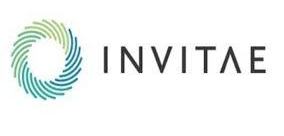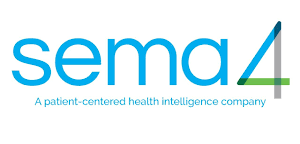Preconception Carrier Screening
Genes are the instructions in our DNA needed for healthy development and functioning of our bodies. Typically we inherit two copies of each gene, one from each parent. Every person has millions of genetic differences, most of which do not cause disease or impact our health. However there are some changes that can prevent a gene working properly causing disease if the same change is inherited from each carrier parent, this is called recessive inheritance.
Extended or expanded carrier screening tests to identify these disease causing genes using sensitive DNA sequencing technologies. Many people are carriers of a disease gene and 1 in 40 or around 2.3% of reproductive partners are found to be carriers of the same genetic disease having a 25% or 1 in 4 chance of having a child affected with the genetic condition.
Extended or expanded carrier screening allows testing and gathering of as much information as possible before pregnancy to discuss options for prevention rather than learning about a genetic disease during a pregnancy or after a baby is born.
Extended carrier screening can test for hundreds of different conditions simultaneously. The screens are available from commercial providers using differing combinations of gene panels and technologies. It is important that the carrier test you choose is right for you. Informed consent, results, expectations and residual risk assessment post testing should be clear before embarking on testing.
If you would like to have extended carrier screening you may prefer to stage the testing. One partner tests first to check if they are a carrier for any condition. If a carrier status is identified then the other partner can have follow up testing.
Some people prefer to be tested together before conceiving or at the start of their IVF treatment, as results can take up to 3 weeks.
Many egg and donor banks now provide extended carrier screening results for their donors. Carrier screening to check your carrier status against that of a donor can be arranged to help with your donor selection process.









